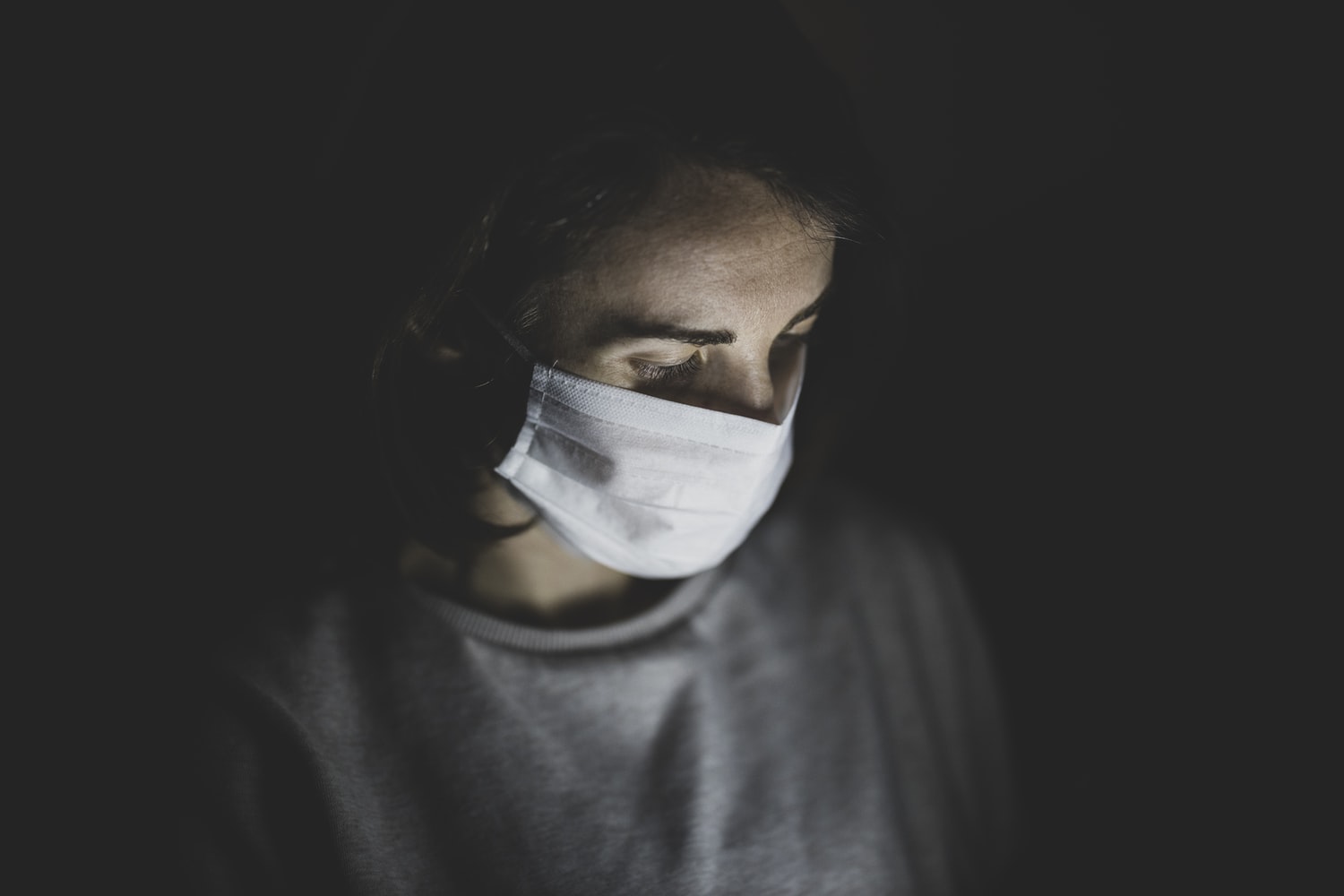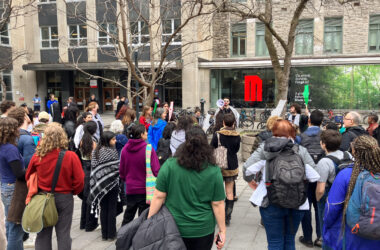Members of the McGill community have been requesting more inclusive academic considerations since the university’s requirement that students and faculty be on campus for Fall 2021. Similar to the academic accommodations that apply specifically to students with the Office for Students with Disabilities, academic considerations are specific to COVID-19 concerns and apply to students who are required to self-isolate, or who are delayed in starting their courses due to isolation requirements.
According to the current academic considerations framework, members of the McGill community with disabilities, long-term medical conditions, or other chronic health issues are not eligible to receive COVID-19-related accommodations—such as flexible grading schemes for courses, audio or Zoom recordings of lectures, or withdrawal, incomplete, or “leave of absence” from a course. Carrie Rentschler, a professor in the department of art history and communication studies at McGill, applied for accommodations to teach her large COMS 310 course remotely to protect herself and her spouse—who could be adversely affected by the Delta variant—but had her request denied.
“I did so on the advice of my spouse’s oncologist and my own endocrinologist,” Rentschler wrote in an email to The McGill Tribune. “It’s really disappointing to be turned down for accommodation. The policy is that employees who live with people with serious chronic illnesses are not eligible for accommodation, even when medical doctors advise it.”
In a statement to the Tribune, Frédérique Mazerolle, media relations officer at McGill, assured the McGill community that the university’s safety measures are guided by public health officials’ advisories. According to Mazerolle, McGill examines each request for accommodations and makes decisions on a case-by-case basis.
“Some students have been experiencing delays in travel due to circumstances beyond their control, such as study permit processing delays, travel restrictions, and quarantine requirements,” Mazerolle wrote. “The Office of the Dean of Students will work on a case-by-case basis around academic accommodation for these students. Students requiring long-term accommodations related to COVID-19 should connect with the Office for Students with Disabilities to seek potential accommodations.”
Alice Laheurte, U1 Arts, experienced trouble travelling to Montreal for Fall 2021. Laheurte encountered complications at almost every stage in the process for acquiring her study permit, such as delays in obtaining proper documentation and biometrics like fingerprints, as well as COVID-19 testing. Stalling in these services and McGill’s changing deadlines regarding study permits left Laheurte wondering whether she would have to defer this semester. Laheurte felt that the university could have been more accommodating during this time of high stress.
“In my case, McGill advisers [and professors] really took care of me,” Laheurte said. “But I think being more reassuring and not just throwing [study permit deadlines] at students [when the deadline to apply] for a deferral [is] in two weeks […], is not the right decision. Even if [McGill] is just going to extend the deadline, just reassure [students] and tell them that it is okay […] because they know that students are struggling on their own.”
Rentschler pointed to McGill’s ability to implement inclusive accommodations in a timely manner during the transition to online learning in 2020, arguing that McGill should be able to apply those accommodations now.
“Last year I felt as if McGill was developing a more humane and just framework of accommodation, one that recognized that having chronic illnesses, being disabled, and living in conditions of vulnerability did not mean we could not also actively participate in the life of the university,” Rentschler wrote. “There is no reason why we cannot be more accommodating at the university, to see access to the university and learning as a human right we should all have, no matter what our physical conditions are. We know it is possible.”









